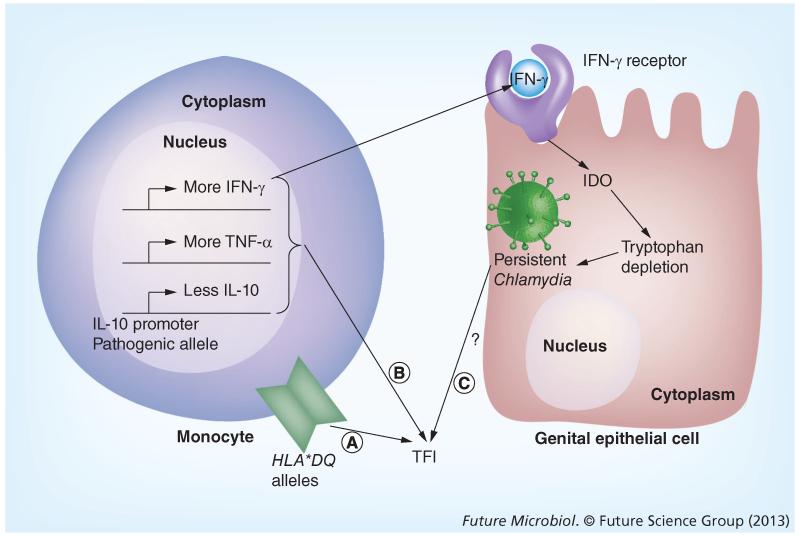Figure 5. Contribution of host factors to Chlamydia trachomatis disease severity.
Influence of genetic variation in host epithelial and immune cells on Chlamydia trachomatis infection and potential TFI induction. (A) Specific HLA*DQ alleles are correlated to TFI induction. (B) TFI patients carry an IL-10 promoter polymorphism. Cells from these individuals tend to produce less IL-10, more IFNγ and more TNF-α when leukocytes are stimulated in vitro. (C) IFN-γ induces IDO, which degrades tryptophan, an essential amino acid for both Chlamydia and the host cell. This may lead to dampening of the immune system, from a productive to a nonproductive chlamydial growth phenotype, which has been suggested to be associated with chronic infection and increased disease severity. IDO: Indoleamine 2,3-dioxygenase; TFI: Tubal factor infertility.

